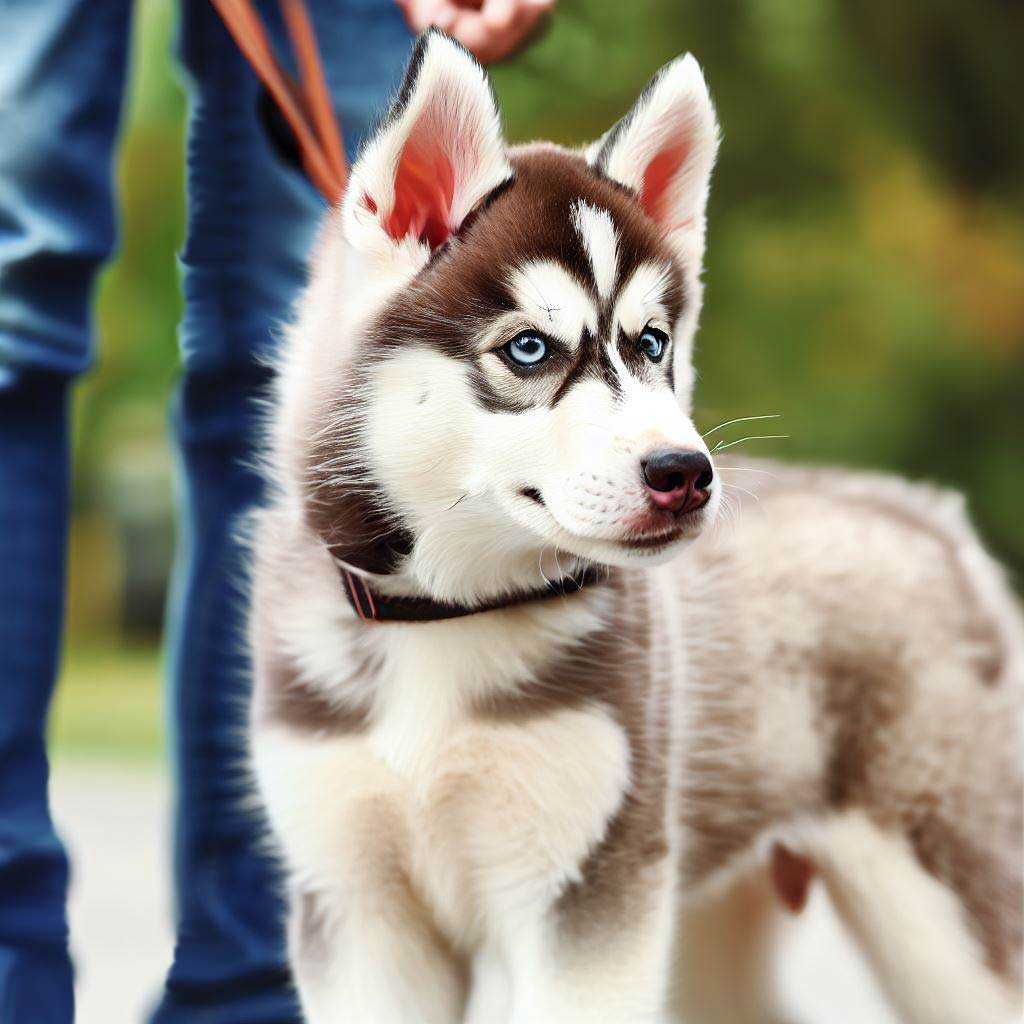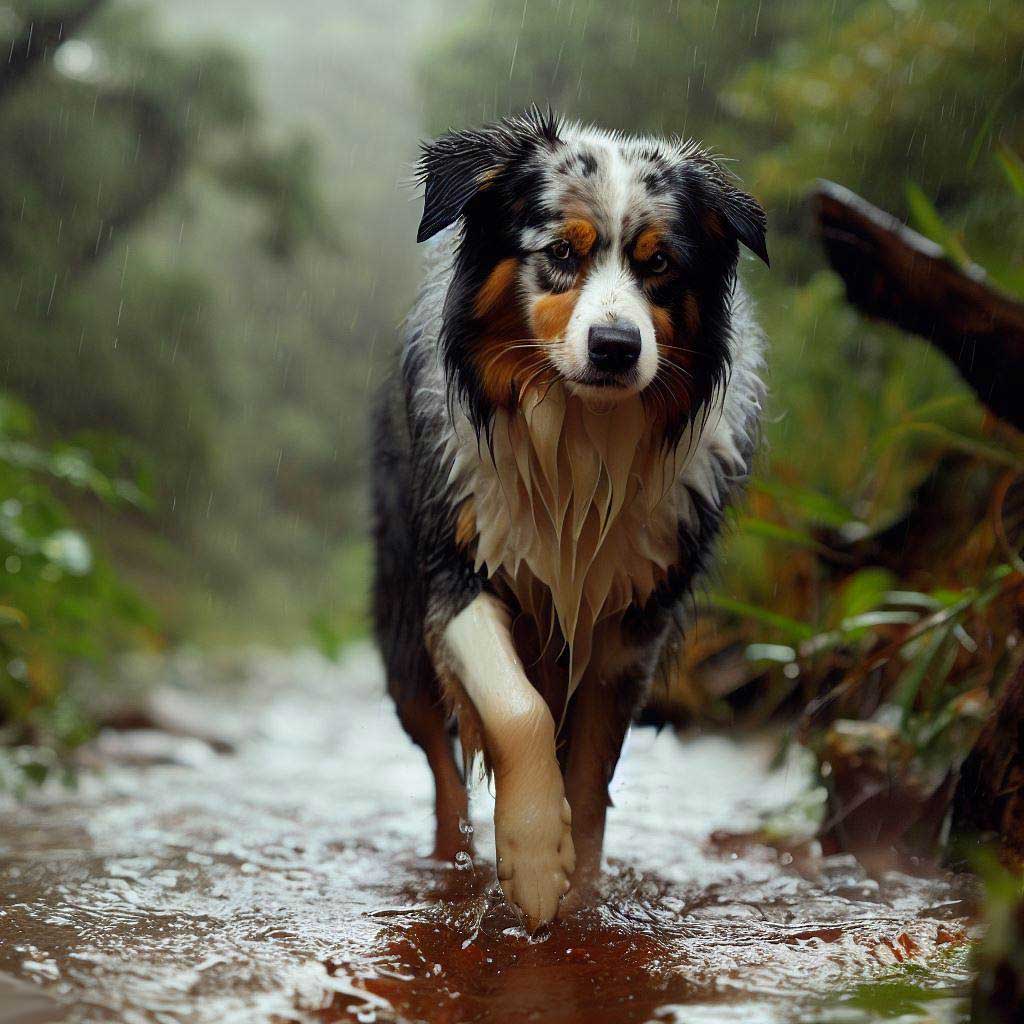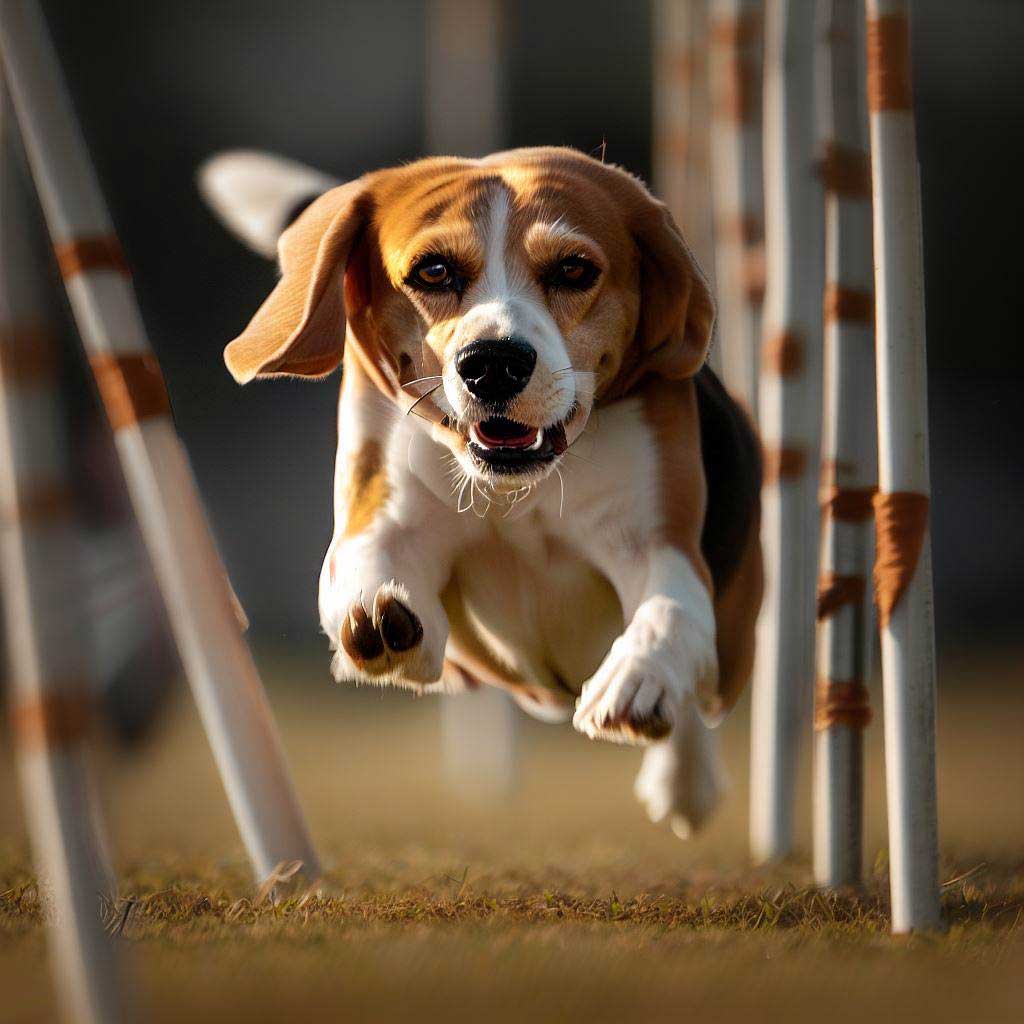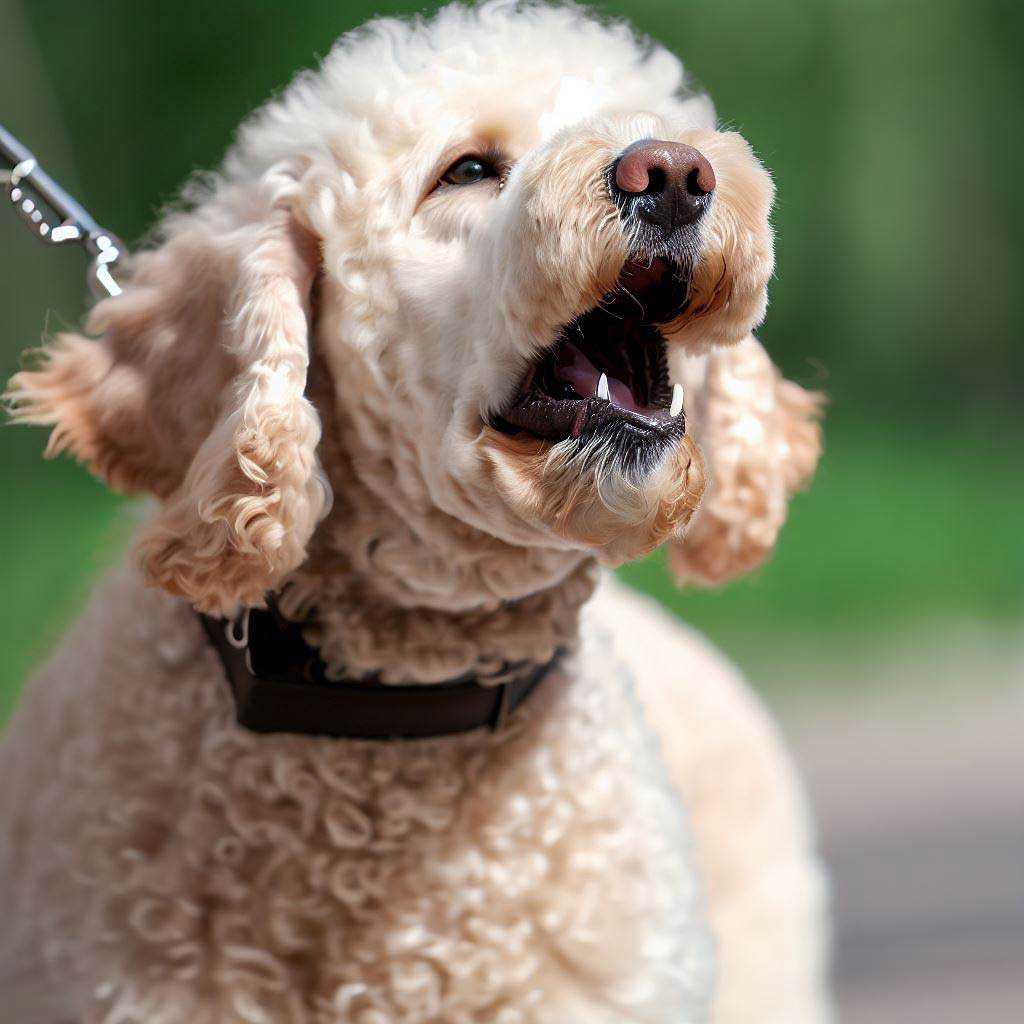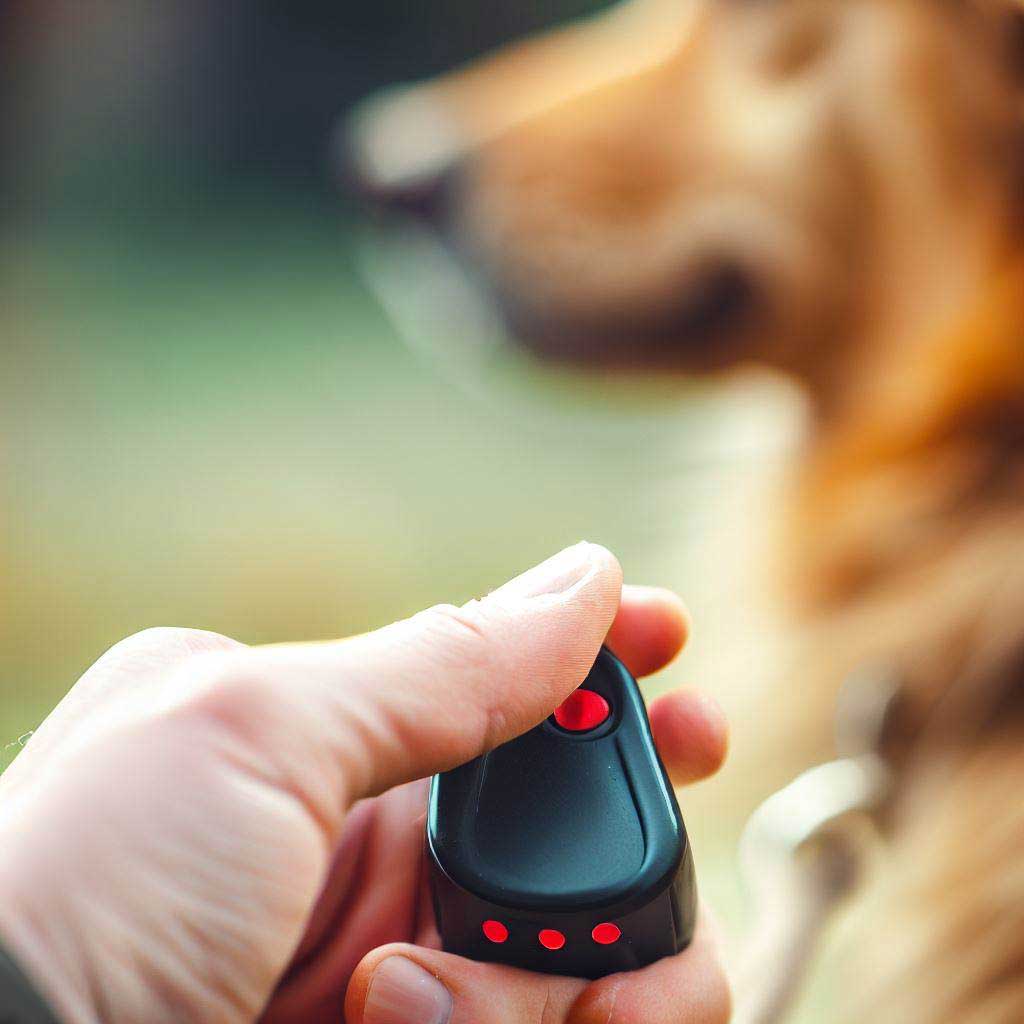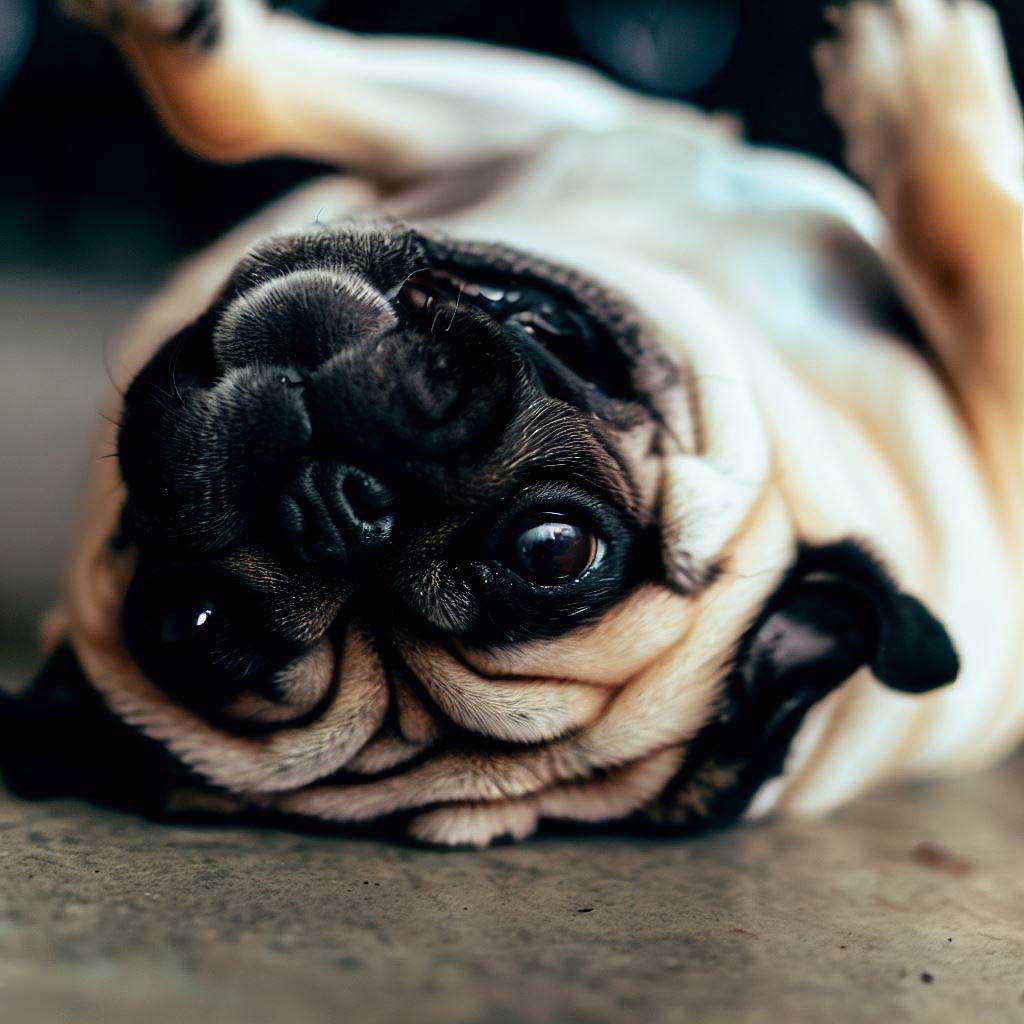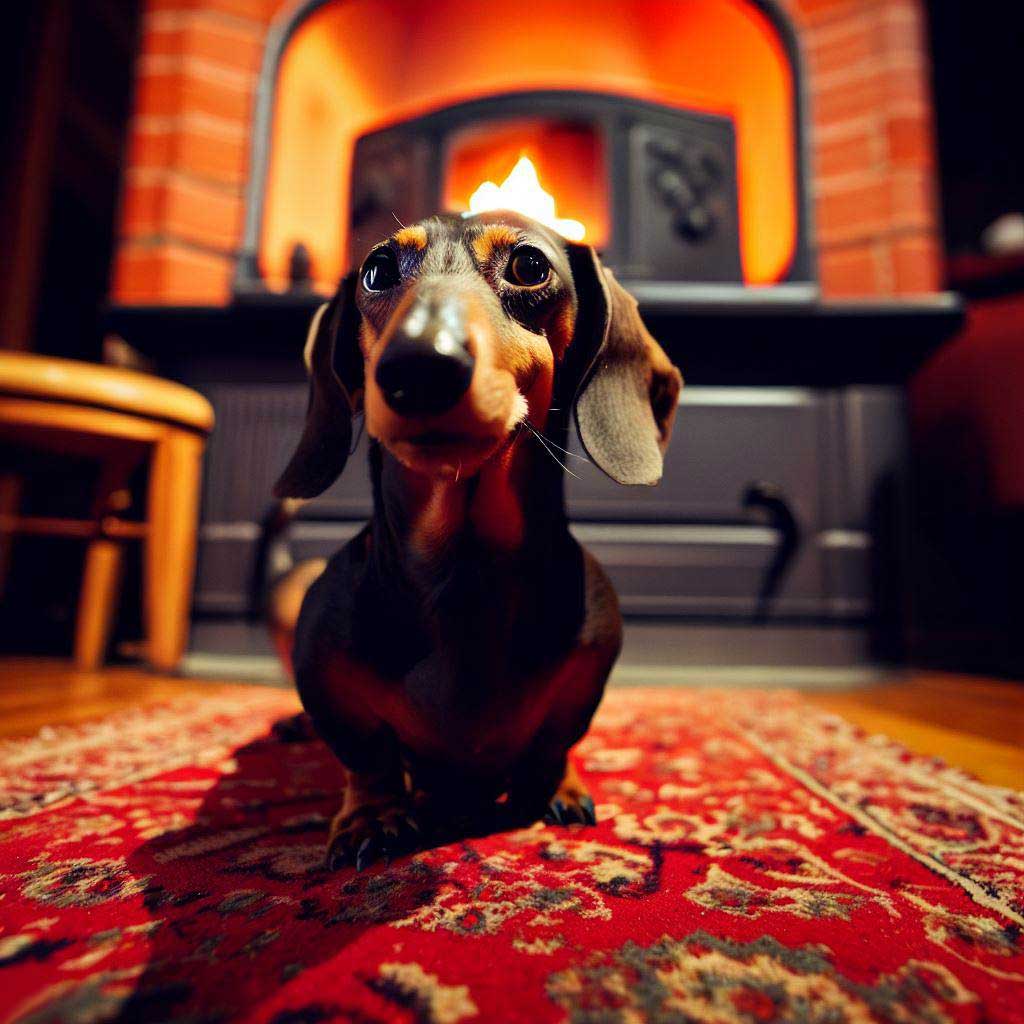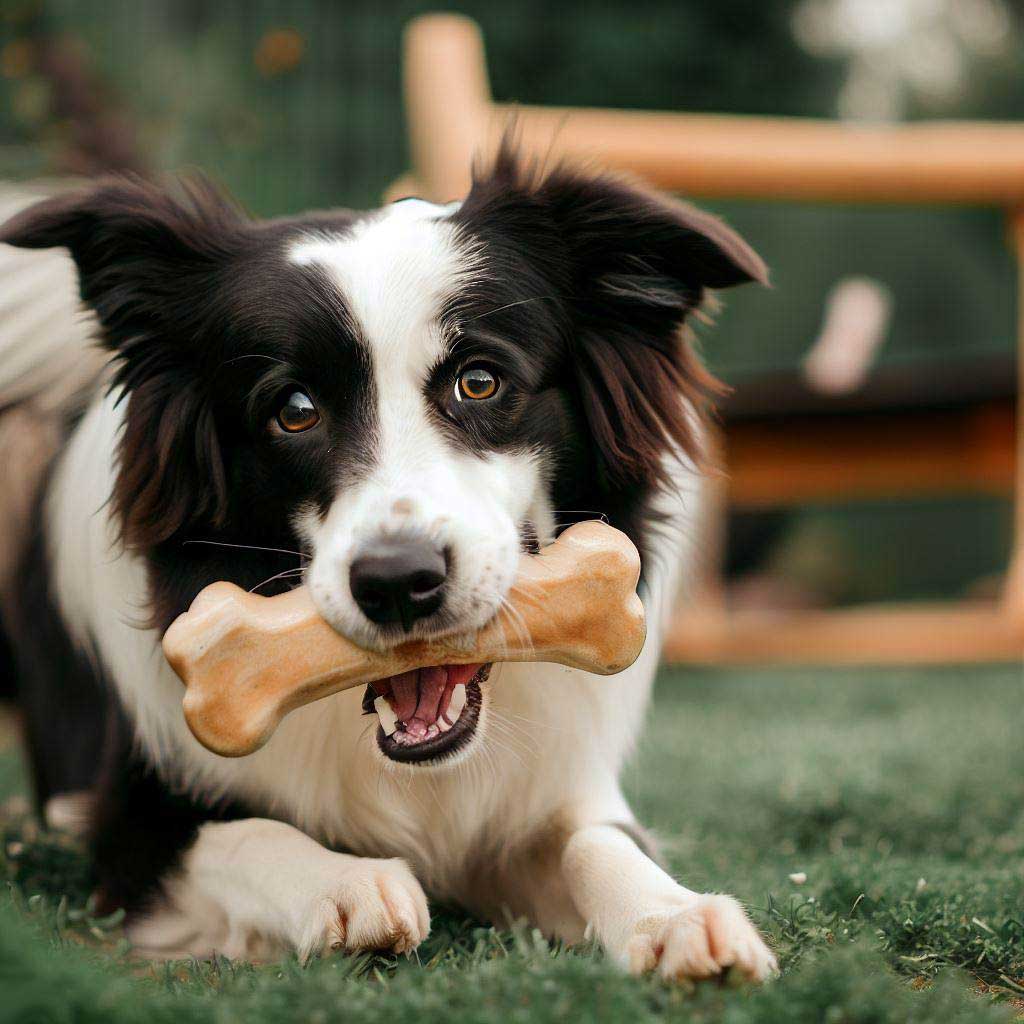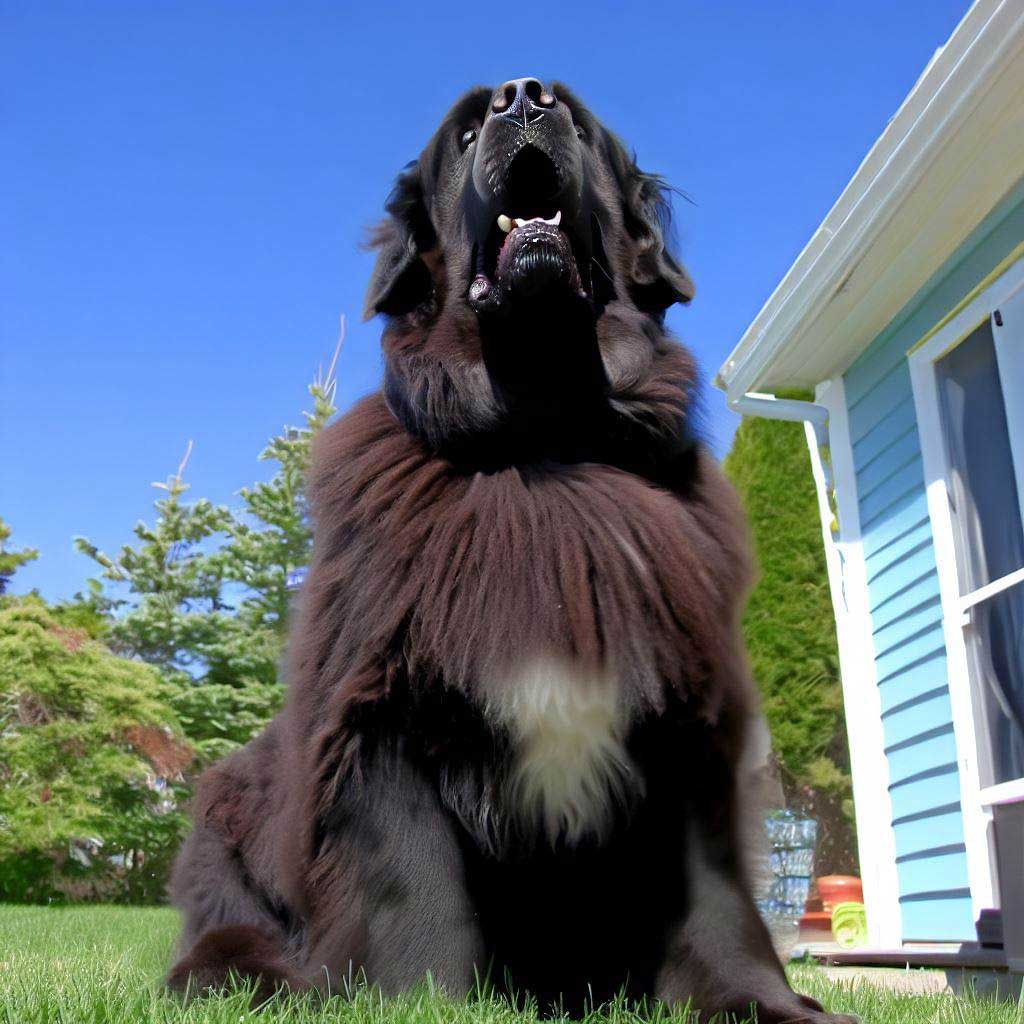Table of Contents
ToggleBite the Bullet: How to Stop Your Puppy From Biting Now
The answer to how to stop your puppy biting lies in understanding the psychology of your fur baby. Canines aren’t born with table manners! It’s no conundrum; you’ve got to teach them. Let’s cut through the fluff and tackle this problem head-on, with some pawsitively impactful solutions.
Why Do Puppies Bite?
Understanding is the first step in resolving any issue. So, why does your puppy bite? It could be:
- Teething Discomfort
- Exploration of the World
- Attention Seeking
- Poor Socialization
Think about it: your puppy explores its environment by sniffing, pawing, and yes, biting. To them, it’s another form of interaction.
Redirect the Behavior
Now, here comes the juicy part. Replace what you don’t want with what you do want. Replace biting with chewing on a toy, for instance.
- Choose toys that are engaging and safe.
- Always keep a toy within arm’s reach, especially during interactions.
When your pup begins to nip, whip out that toy faster than you can say, “Sit!” Teach them that toys are for chewing; hands and furniture are off-limits.
Positive Reinforcement Works Wonders
Hey, don’t overlook the power of a treat. When your puppy takes the toy instead of biting, shower them with praises and treats.
- Use clicker training to mark the good behavior.
- Offer small but tasty treats that don’t contribute to weight gain.
The principle is simple: Reward good behavior, and it’s likely to repeat. It’s almost like the magic in our “Best Online Dog Training Courses: Any Dog Will Love,” where detailed approaches for positive reinforcement are taught.
The ‘Ouch!’ Technique
This one’s classic yet highly effective. When your puppy bites too hard during play, let out a high-pitched “Ouch!”
- Pause playtime for 20-30 seconds.
- Ignore your puppy during the pause.
The message? Biting stops all fun. Remember, consistency is key.
Socialization and Bite Inhibition
Exposing your pup to other vaccinated dogs is an excellent way to teach them bite inhibition.
- Opt for supervised play sessions with well-behaved adult dogs.
- Monitor the behavior of both dogs closely.
Adult dogs will naturally correct your puppy when they bite too hard, teaching them a lesson no human can.
Professional Help: When and Why
Sometimes the issue may need an expert’s touch. If you’ve been grappling with the question of how to stop puppy biting for too long and see no improvement, it might be time to seek professional help. Many of the police and military dogs I’ve trained were initially harder to manage, but turned out to be highly disciplined.
Final Nuggets of Wisdom
Teaching your puppy not to bite is a journey, not a sprint. There will be setbacks. Here are some final pieces of advice:
- Don’t punish your puppy for biting; it only adds to their confusion.
- If you notice aggression, consult your vet immediately.
- Exercise your puppy regularly to avoid pent-up energy, which often results in biting.
By following these tips, you’re not just stopping an undesirable behavior—you’re also nurturing a well-behaved, balanced adult dog. So get started, and let the training begin!
For more puppy training information have a read of our article highlighting 10 Puppy Training Tips.
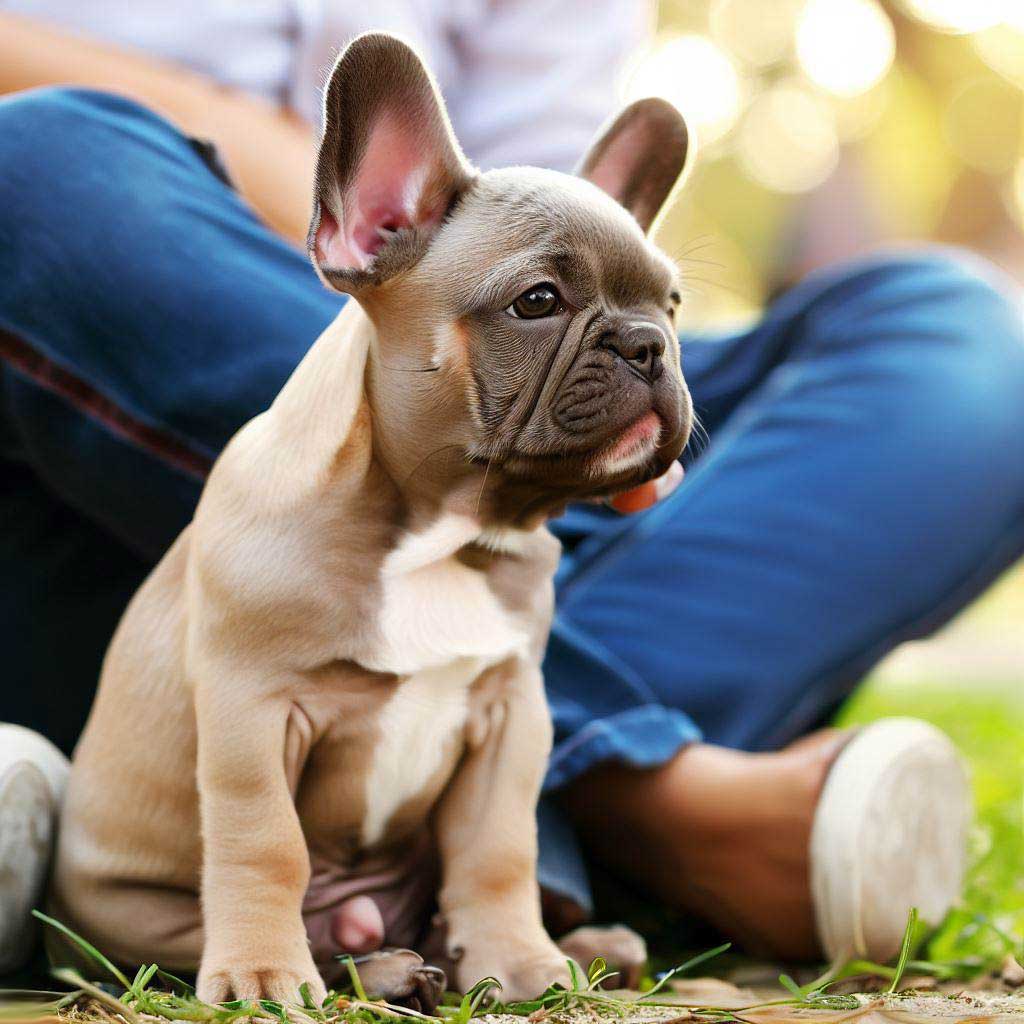
Frequently Asked Questions: How To Stop Puppy Biting
How do you train a puppy not to bite?
Training a puppy not to bite involves a mix of redirection, positive reinforcement, and teaching bite inhibition. Use chew toys, treats, and consistent verbal cues to shape the behavior you want. An early start is the key.
At what age should puppies stop biting?
Most puppies grow out of the biting phase after they’ve finished teething, usually around six months of age. However, some may continue the behavior into their adolescence if not trained properly.
Why is my puppy biting me so much?
Puppies bite for various reasons: teething, exploring their world, seeking attention, or even from poor socialization. It’s not a sign of aggression at this age but should still be addressed.
Why is my 3-month-old puppy biting?
Three months is prime teething age for puppies, which could be a reason for the biting. Your puppy is also in a prime socialization window, so they’re exploring their world, including with their mouth.
Should I scold my puppy for biting?
Scolding your puppy for biting can be counterproductive and might make the problem worse. It’s better to use positive reinforcement to reward the behavior you want to see, like not biting, rather than punishing the behavior you don’t want.
How do I get my puppy to stop biting my hands and feet?
Redirection is key here. Always have a chew toy handy to swap out for your hand or foot. Teach them that toys are for biting, and human body parts are not. This is a part of training where consistency is crucial.
Why does my puppy snap at me when I say no?
Your puppy might not understand the word “no,” or they may be frustrated or confused. Use clearer, consistent cues and positive reinforcement to mark the behaviors you want to encourage.
How do you teach a puppy ‘no’?
Teaching a puppy the meaning of “no” involves consistency, timing, and positive reinforcement. Use a firm but calm voice, and immediately redirect their behavior. Always reward them for obeying to reinforce the lesson.
Is it OK to hold a dog’s mouth shut?
Holding a dog’s mouth shut as a form of punishment for biting is not recommended. This can be perceived as threatening or frightening by your puppy, and it might even escalate the problem. It’s far more effective to focus on positive reinforcement strategies.
Why does my puppy want to bite me instead of toys?
If your puppy prefers biting you over toys, it might be because they find interaction with you more rewarding or engaging. Make sure you’re making their toys interesting — play with them together, keep rotating them to keep their interest alive, or use interactive toys that keep them mentally stimulated.
By addressing these common questions, you’re setting your pup up for success and ensuring a loving and bite-free relationship.
